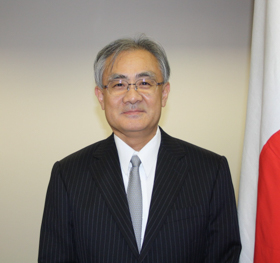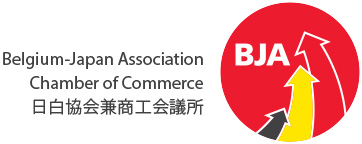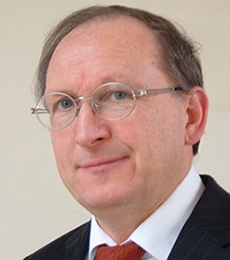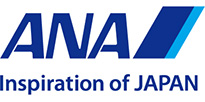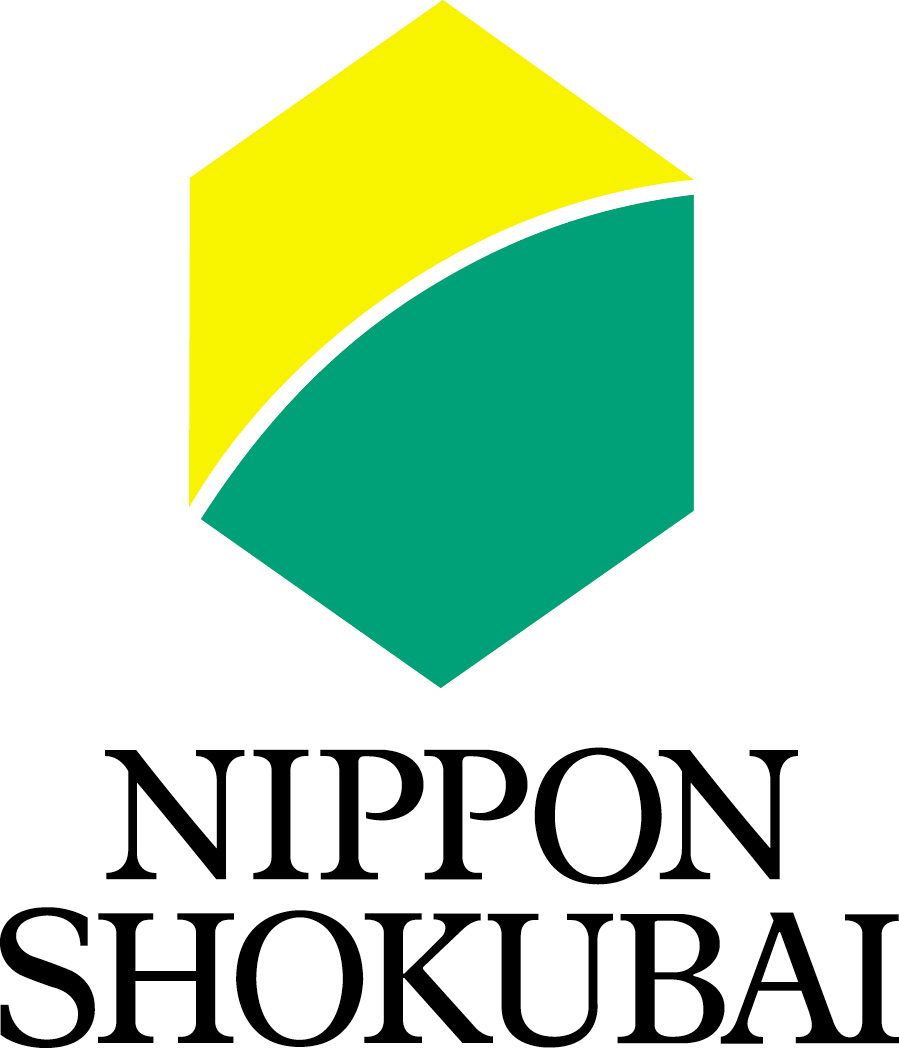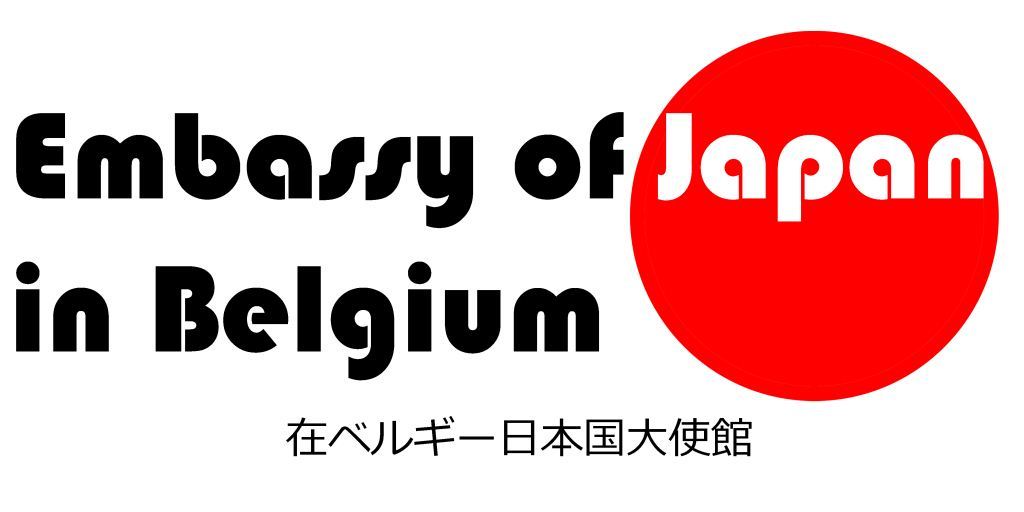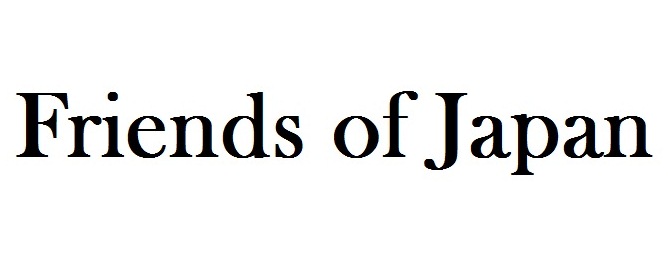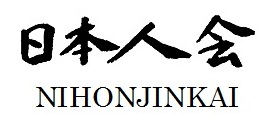日本・ベルギー150周年
The History of Belgian - Japanese Relations
ウィリー・ヴァンドワレ教授
フレンズ・オブ・ジャパン会長、蘭語系カトリック・ルーヴェン大学教授
During the first half of the nineteenth century there was little interest in Belgium for Japan and vice versa. That changed in 1854 when the US as the first Western power concluded a treaty with Japan. The first ‘Belgian’ to travel to Japan probably was the Count Charles Descantons de Montblanc (1833-1894), Frenchman, but also Baron of Ingelmunster. He had close contacts with the fief of Satsuma, and acted as representative of the fief at the International Exposition of Paris in 1867. In the meantime, after painstaking negotiations undertaken by the diplomat Auguste t’ Kint de Roodenbeeke (1816-1878) Belgium had succeeded in 1866 to become the ninth Western state to sign a treaty with the Shogunate. The Meiji Restoration (1868) marked the formal end of the period of Japan’s isolation. The country now embarked upon a far-reaching program of political, social, economic, institutional and cultural modernisation. For the execution of this program it sought inspiration in many Western countries, mostly the major powers, but also smaller countries including Belgium. Japan’s reformers were interested in both the institutional organisation and technological know-how of Belgium. Testimonies to this interest are among others the various Japanese missions abroad which included Belgium in their itinerary. The highest profile mission was the Iwakura mission, which toured the United States and Europe between 1871 and 1873, but there were equally a number of individual students who came to Belgium to study at Belgian scientific institutions. Students were particularly interested in technological know-how, but a few also studied juridical and monetary aspects. Best known is perhaps Matsukata Masayoshi’s aide Katō Wataru, who was charged with the task of studying the history and organisation of Belgium’s central bank. After a three-year stay in Belgium, Katō returned to Japan, and played a seminal role in the preparations for the establishment of Japan’s central bank, the Bank of Japan. Later, he was appointed head of the banking department of the newly founded bank. In the area of technological know-how, Belgium was recognised as a leading power in the fields of gunpowder, steel and glass industry, as well as the cultivation and processing of flax. Conversely, Belgian companies saw in Japan a promising market for their products and opened branches in Japan.
This notwithstanding, it was not until 1898 that both countries opened legations in each other's capital. Japan posted its first minister plenipotentiary in Brussels. Motono Ichirō became the first in a row of Japanese diplomats, among who figured some prominent ones, such as Katō Tsunetada (posted in Brussels from 1902 to 1906), and above all Adachi Mineichirō (legate to Belgium from 1917 to 1927). On the Belgian side the most remarkable diplomats were Albert d’Anethan (legate in Japan from 1893 to 1910) and above all Albert de Bassompierre (legate from 1920/21 to 1939).
On the artistic level Japan served as an important source of inspiration in the form of Japonisme for Belgian artists playing an important role in the Art Nouveau movement, while some Belgian writers, notably Maurice Maeterlinck, Emile Verhaeren and Georges Rodenbach, were avidly read and widely translated in Japan. Although not counted as a major power, before 1914 Belgium enjoyed much esteem with the Japanese authorities as well as the public opinion. With the war, that image would even be strengthened on account of the staunch resistance Belgium put up against the German invasion. In particular the presence of the Belgian king among his troops at the war front, a fact the Japanese press did not fail to report on, struck a sensitive chord among the Japanese public, who hailed him as heroic and chivalric.
The relations between Japan and Belgium generally continued amicably throughout the Meiji and Taishō eras, although there were some minor disagreements. With the exception of the first few years, the first two decades of the Shōwa era were marked by conflict and strife, increasingly isolating Japan from the rest of the world. The Manchurian Incident, which broke out in September 1931, triggered a chain of events which dragged Japan into the quagmire of a desperate war. These events also affected the relations between Japan and Belgium. Due to the tension between Japan and China, Crown Prince Leopold’s visit to Japan, which had been scheduled for the spring of 1932, was cancelled. The Prince did visit French Indochina, but returned to Belgium without visiting either Japan or China. This did not prevent Belgian diplomacy from taking a conciliatory stance when the League of Nations condemned Japan in the Lytton report for its role in Manchuria and the Manchu state.
The absolute low point in Belgian-Japanese relations was the Pacific War, a time when Japan and Belgium found themselves in opposite camps. The upshot was the rupture of diplomatic and, to all intents and purposes, very much all relations between the two countries, which were only gradually restored after the surrender of Japan in August 1945. Japan’s recovery in the post-war period evidently led to the full restoration of bilateral relations and their further development to an unprecedented level in most fields. In the background of this intensified relationship was Belgium’s status as a host country for many international organisations, most notably the European institutions and NATO. While Belgium enjoyed brisk economic growth and prosperity as a founding member of what was to become the European Union, Japan’s spectacular growth catapulted the country to the status of economic world power, a development accompanied by commercial frictions with some major competitors in the international market. Belgium was one of the first European countries to benefit from direct Japanese investment. Notable in this respect is Honda Motor Corporation’s investment in a production plant in Aalst as early as 1962, the first Japanese investment in Europe by any of Japan’s major production companies.
In the cultural field by far the most notable event was the organisation of Europalia Japan 1989. This was arguably the most comprehensive and highest profile cultural fiesta ever organised by Japan in Europe. It included events covering a panoply OF Japan’s high culture as well as a representative selection of popular culture. The last quarter century has not witnessed another event of similar proportions, but in its wake the bilateral relations have steadily grown more robust, and involved an ever increasing number of Belgian and Japanese citizens.
【日本語訳は只今準備中です】

